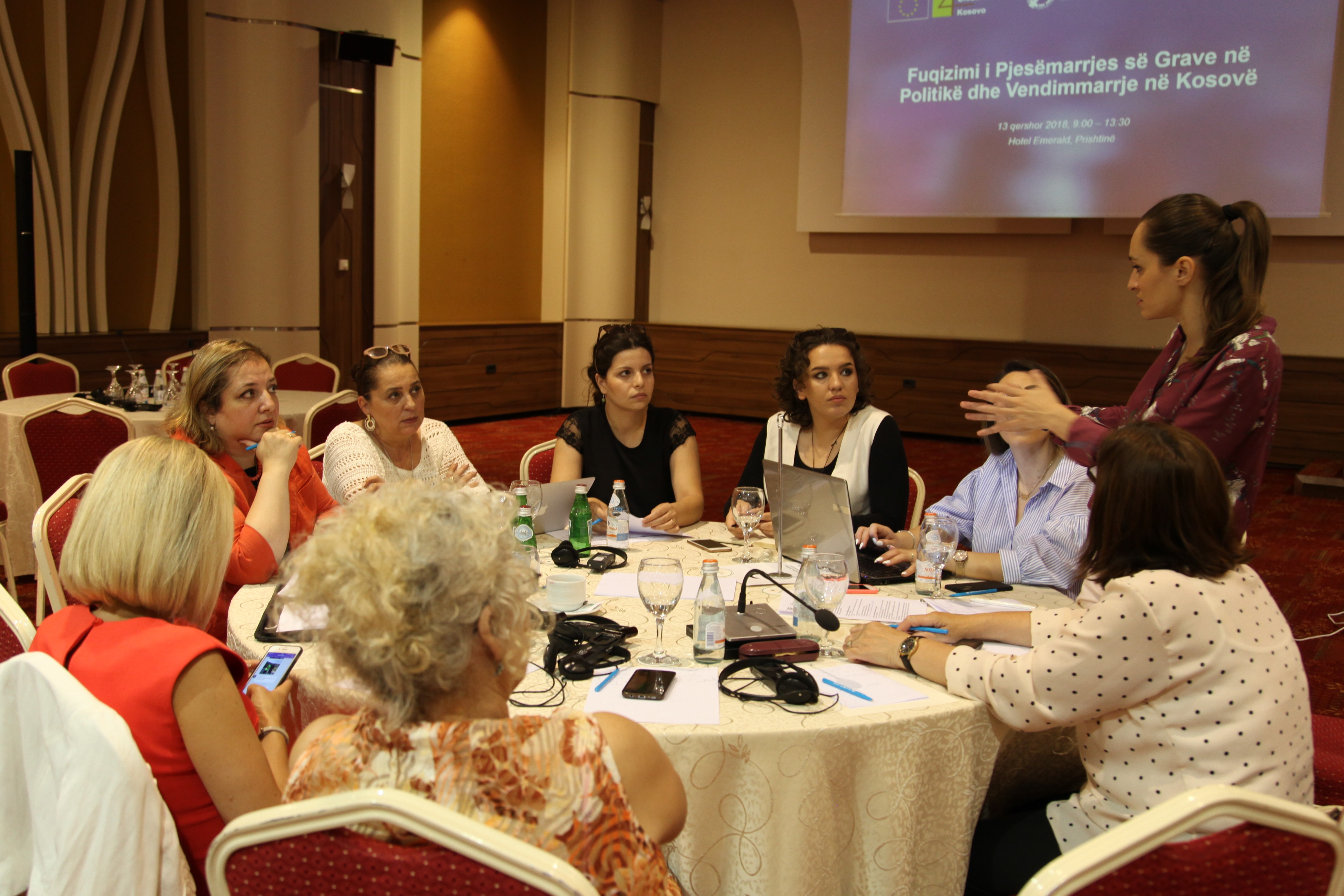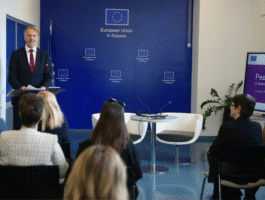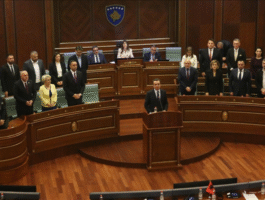Right to Health
Women in Politics and Decision-making
Gender-mainstreaming the EU Accession
Gender-responsive Budgeting
The Problem
In Kosovo, women and marginalized groups face major barriers to healthcare due to underfunding, lack of public health insurance, and limited data. Gaps in reproductive and sexual health services, combined with gender norms and discrimination, further restrict access – especially for Roma, Ashkali, and Egyptian women, rural communities, LGBTIQ individuals, and those with disabilities.
KWN’s Strategy
Improving men and women’s access to and realization of their rights to health services based on the legal framework, realized through:
- Increasing women and girls’ awareness of their right to and the importance of accessing healthcare;
- Encouraging and supporting women to advocate for their rights, especially when those rights have been violated or discrimination occurs;
- Urging institutions to address barriers to women’s access to healthcare.
Main Activities
- Supporting KWN member organizations to conduct research, awareness-raising and advocacy campaigns focused on rural and minority women’s rights and healthcare access.
- Raising awareness among women and girls about their legal right to access healthcare services without discrimination and the importance of preventive healthcare; the need for more women to advocate for their right to quality healthcare; and legal protections and how to report violations and discrimination in healthcare.
- Advocating to institutions and government bodies to act on systemic issues hindering women’s access to quality healthcare, including underfunding, lack of inclusive public health insurance, privatization with poor monitoring, poor data collection, inaccessible infrastructure, and discriminatory, non-preventative service delivery.
Our Achievements
- Submitted comments on draft laws including the Law on Health and Law on Reproductive Health. However, progress remains stalled due to legislative delays.
- Continued collaboration with member organizations to advance healthcare access through initiatives such as establishing a municipal healthcare hotline in Drenas, opening Family Medicine Clinics in rural Rahovec, promoting reproductive health and rights among marginalized communities in Obiliq and Fushë-Kosova, and training healthcare professionals in Gjakova on trauma-sensitive care for survivors of gender-based violence.
- Educated 552 women on their healthcare rights, totalling 2,555 since tracking began.
- Held 18 meetings with public officials to promote women’s right to quality healthcare.
- 32 documented cases of rights violations submitted by member organizations;1 case of abuse led to disciplinary action against medical staff, improving accountability and trust in the health systems.





